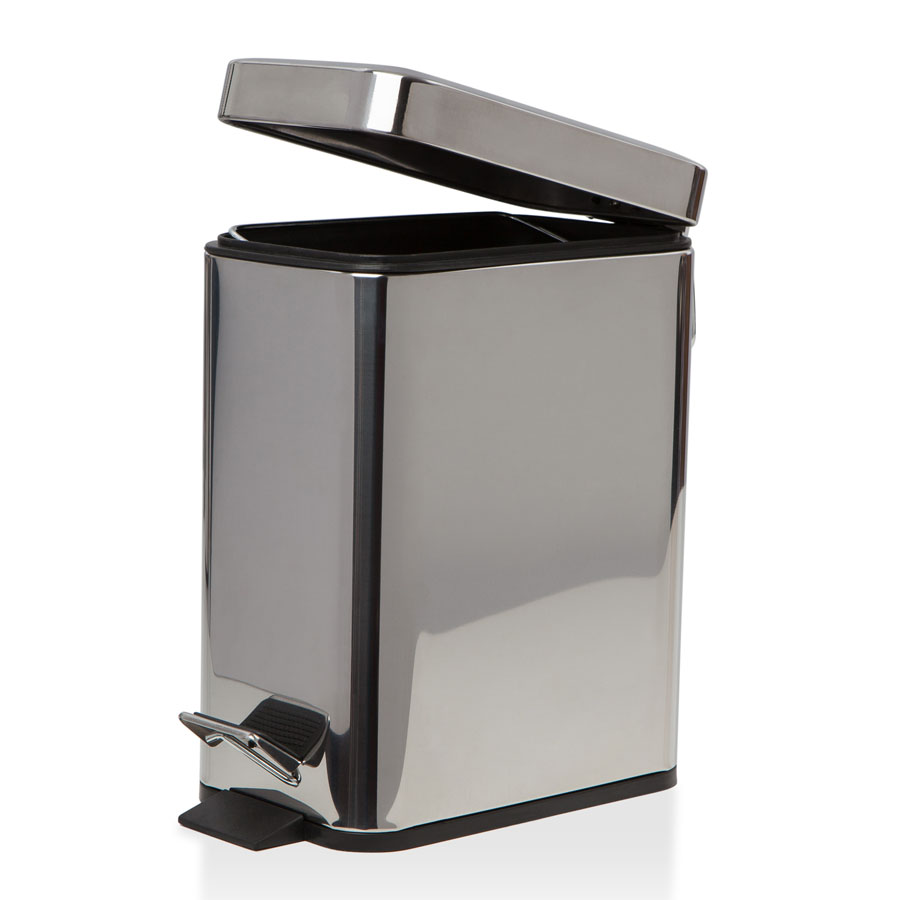Do we usually think before flushing a toilet? In some public or portable toilet facilities, we see notices advising us to put used toilet towels in the bin. A lot of people adhere to these directives while a few either subconsciously or consciously ignore this instruction or flush hand towels regardless. Besides hand towels, wet wipes are believed to be one of the most popular items flushed down the toilets and this led to a report from the European Federation of National Associations of Water and Waste Water Services, publishing a report titled “Toilets are not bins.” The negative impact of flushing personal care and other products (except toilet rolls) is that it has contributed to a massive plumbing cost. Plumbers from the European Zone identified an approximate of 1 billion Euros worth of clogging and drainage issues. Majority of these damages were as a result of flushing wet wipes. It is important to touch on other materials that should not be flushed down a toilet.
Things you should avoid flushing down the toilet:
- Menstrual Products: The female public toilets constantly deal with users flushing menstrual products like tampons down the toilet. The Guardian states that about 50% of UK women flush tampons away. It is also estimated that a staggering 1.5bn to 2bn sanitary products are flushed down Britain’s toilets each year. The negative impact of flushing applicators, pads and tampons are that their accumulation could easily lead to blocked drains and flooding of homes and surroundings. Most public toilets provide bins for the easy disposal of these products. It is quite important that female toilet users opt to neatly dispose of these in the provided bins than electing to flush them.
- Cotton wool pads: Cotton wool pads are commonly used to gently cleanse and dry the skin of babies. They are usually designed and developed to be soft and fluffy with 100% quality cotton. Some of these products are manufactured by using natural fibres that normally contains elements of cottonseed, stalk or husk. It is important they are discarded in the toilet bins provides and not flushed down the toilet as the aggregation of these materials could cause serious clogging and blockage issues.
- Condoms: Non-latex condoms are usually made from polyurethane and other type of condoms can also be made from other materials such as AT-10 resin and polyisoprene. The thickness of these condoms range between 0.04 mm and 0.07mm, making them difficult to break down in water and leading to clogs.
- Dental Floss: These are usually made from either polymers, which are synthetic compounds in nature and nylon. Nylons are basically fibre-forming substances of an extended chain of synthetic polyamide. Dental floss is usually used to extract food and dental plaque from obscure areas in our mouth. These are areas where toothbrush is unable to reach. These cords are very useful in enhancing our dental hygiene but could prove disadvantageous to our drainage when we flush them down the toilet.
These are a few things that should not be flushed down the private or public toilets. Other materials that should not make their way down our toilets include medications, paper towels, cigarette butts, kitty litter, hair, cooking grease, food and bleach.
Image Credit: Robert Dyas




